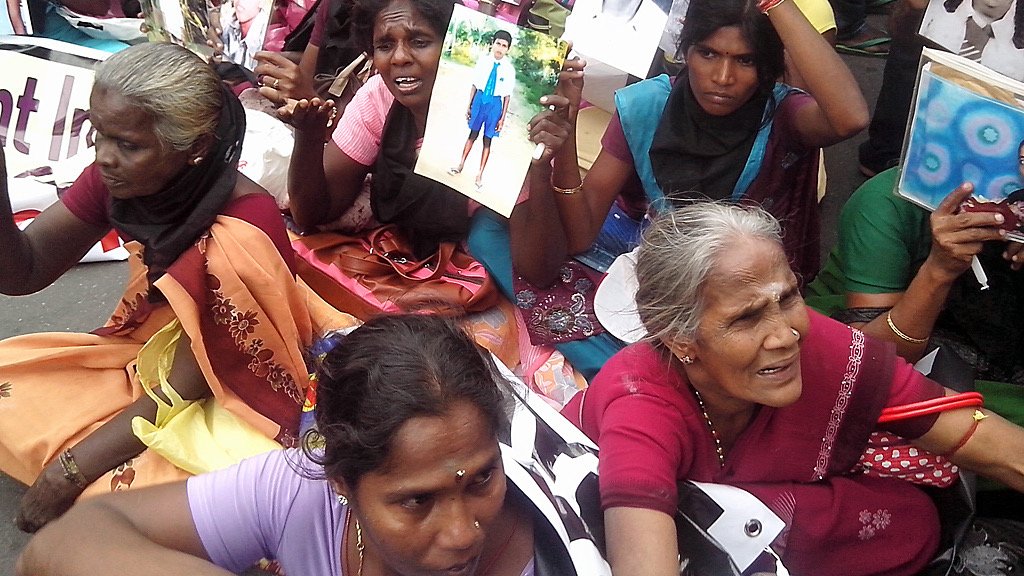
Human rights abuses in Sri Lanka
Human rights abuses in Sri Lanka have been a concern for many years. Some of the major issues include extrajudicial killings, enforced disappearances, torture, and arbitrary arrests. The civil war that took place between the government forces and the Liberation Tigers of Tamil Eelam (LTTE) from 1983 to 2009 resulted in numerous human rights violations by both sides. There have also been reports of ongoing violations, particularly against minority groups such as the Tamils and Muslims. It is important to address these abuses and work towards ensuring justice, accountability, and the protection of human rights for all individuals in Sri Lanka.
Minority groups in Sri Lanka, particularly the Tamil and Muslim communities, have reportedly faced ongoing violations of human rights. The Tamil community, which is predominantly concentrated in the northern and eastern parts of the country, has experienced significant human rights abuses, particularly during the civil war. This includes forced disappearances, extrajudicial killings, torture, and displacement.
The Muslim community, which constitutes around 10% of the population, has also faced discrimination and violations of their rights. In recent years, there have been incidents of hate speech, mob attacks on Muslim-owned businesses and places of worship, and the marginalization of Muslims in various aspects of society.
It is important to note that while these minority groups have been disproportionately affected, human rights violations can occur against individuals from any background. Efforts should be made to ensure the protection and promotion of human rights for all individuals in Sri Lanka, regardless of their ethnicity or religious affiliation.
It is essential to protect and promote human rights for all individuals in Sri Lanka, regardless of their background, for several reasons:
1. Equality and Justice: Respecting and safeguarding human rights ensures that all individuals are treated equally and fairly under the law. It promotes a just and inclusive society where everyone has the same opportunities and freedoms, regardless of their background.
2. Dignity and Well-being: Human rights are fundamental to upholding the inherent dignity of every individual. Protecting human rights ensures that people are not subjected to discrimination, violence, or degrading treatment. It contributes to their overall well-being and allows them to live with dignity.
3. Social Cohesion: Upholding human rights for all individuals fosters social cohesion and harmony within a diverse society like Sri Lanka. It promotes understanding, mutual respect, and tolerance among different ethnic and religious communities, leading to a more peaceful and cohesive society.
4. Rule of Law: Protecting human rights is closely linked to the rule of law. It ensures that laws are applied equally to everyone, without discrimination, and that individuals have access to justice and remedies when their rights are violated. This strengthens the legal framework and institutions in the country.
5. Sustainable Development: Human rights are integral to sustainable development. When individuals are empowered and their rights are protected, they can actively participate in society, contribute to the economy, and access education, healthcare, and other essential services. This promotes social progress and economic growth.
6. International Obligations: Sri Lanka, like all countries, is a signatory to various international human rights conventions and treaties. Protecting and promoting human rights is not only a moral imperative but also a legal obligation for the country.
By protecting and promoting human rights for all individuals, Sri Lanka can build a more inclusive, just, and prosperous society where everyone can live with dignity and contribute to the nation’s progress.






